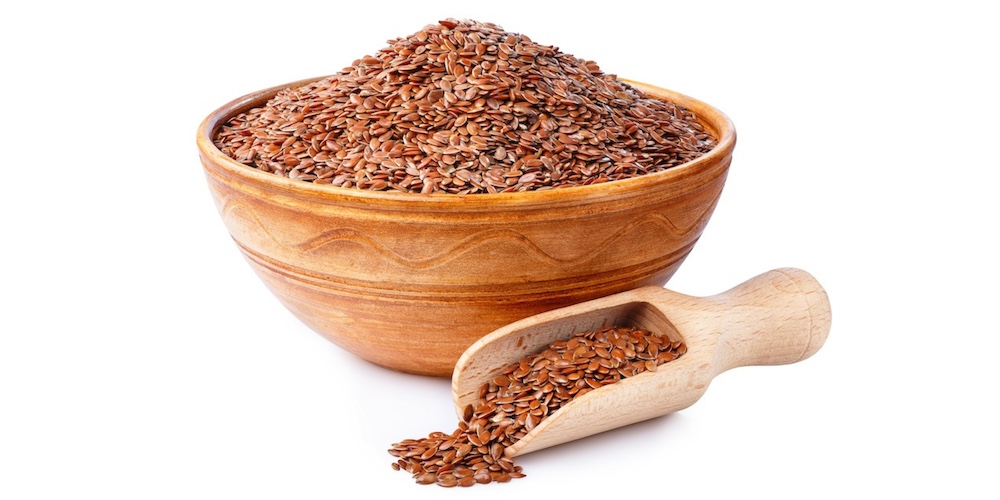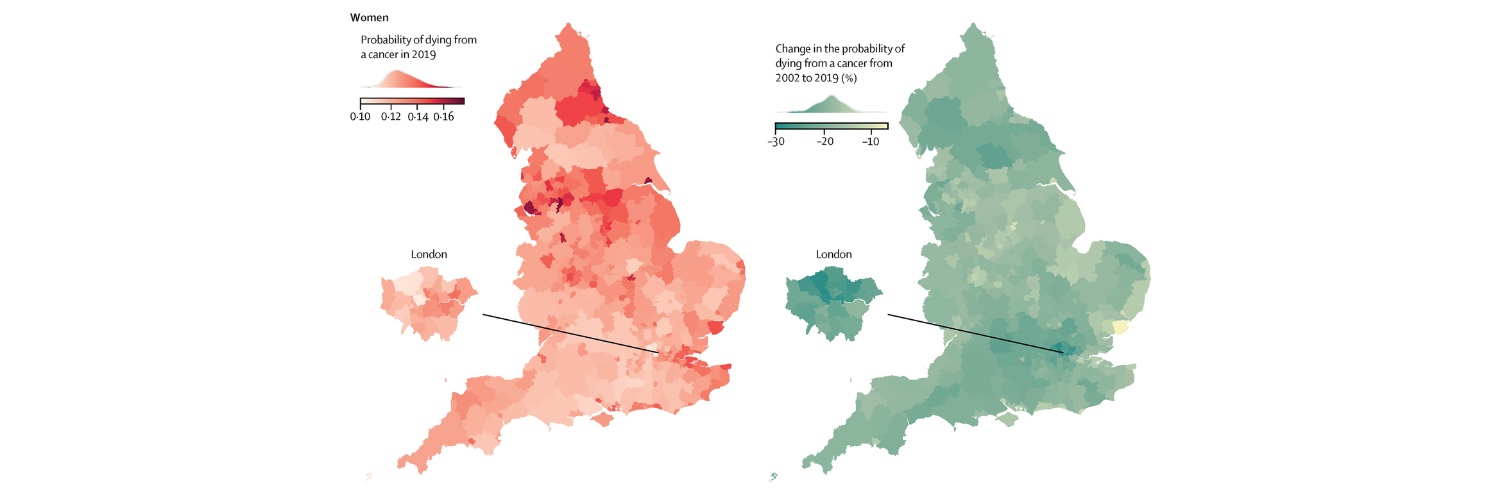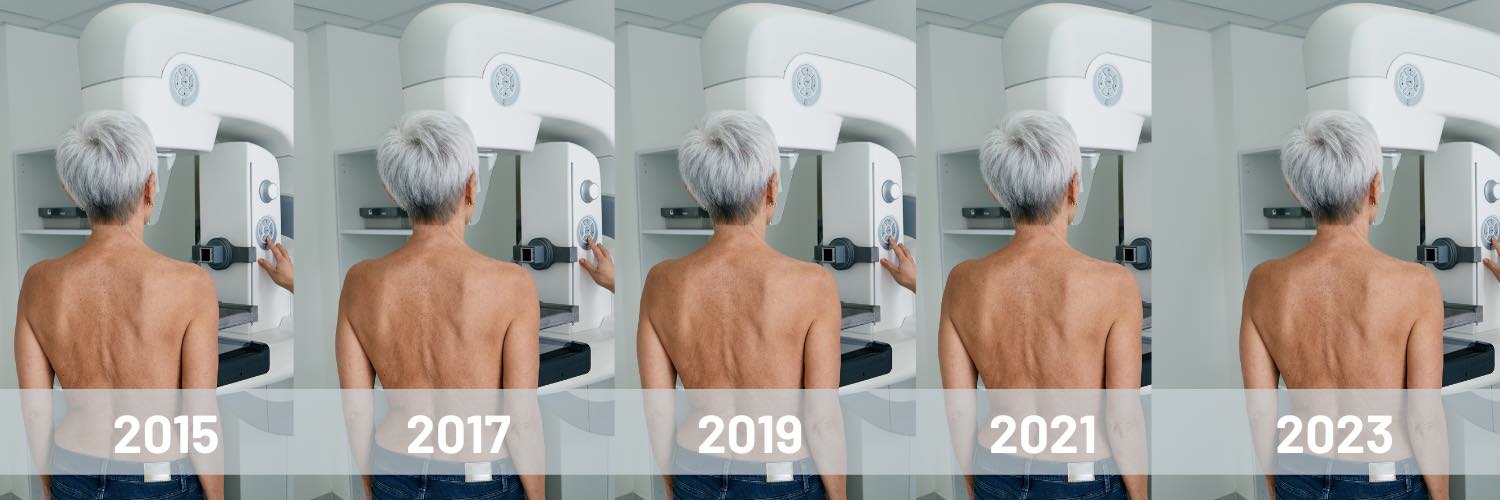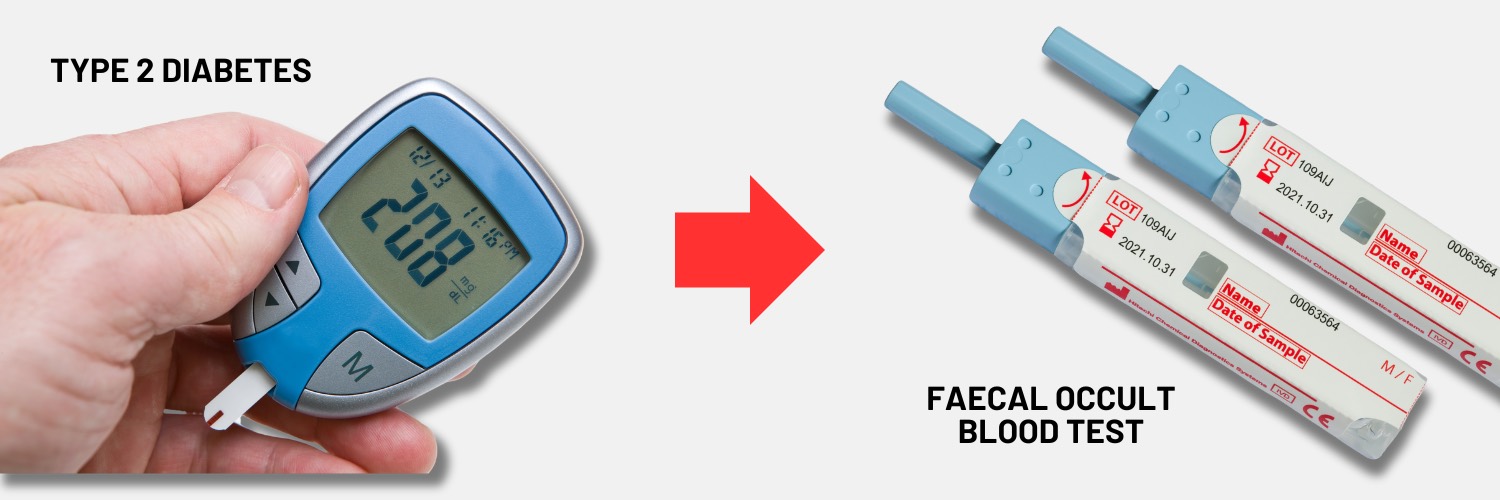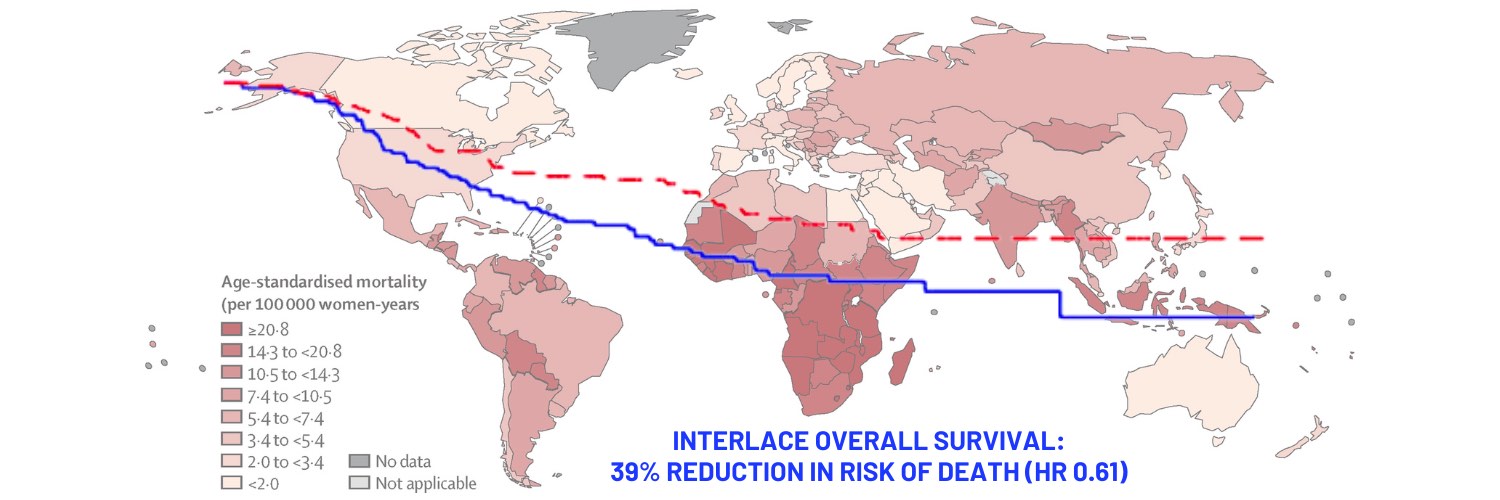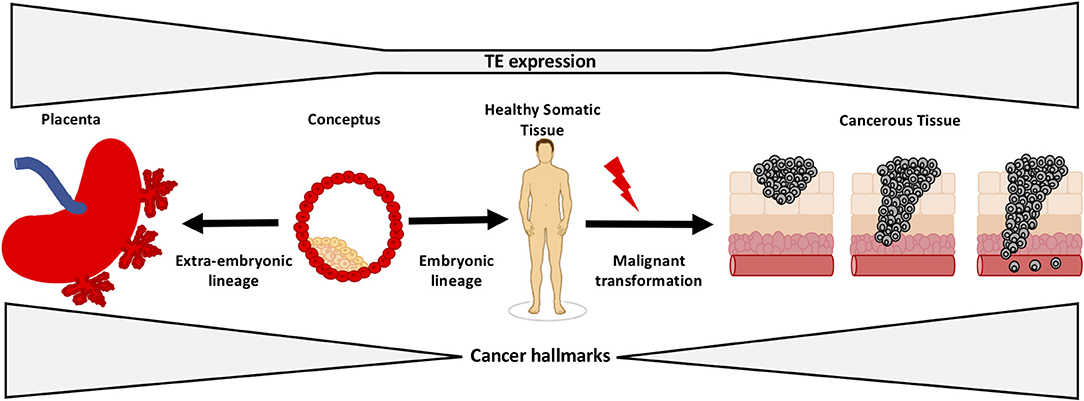Posts by author
Janet Fricker
Rise in initiation of immunotherapy at the end of life
Immunotherapy is increasingly being initiated in the month prior to death in patients with stage IV non-small-cell lung cancer, melanoma, and renal cell carcinoma. The US study, published in JAMA Oncology, online January 4, showed the practice was more common…
Flaxseed could provide protection against breast cancer
Components of flaxseed may help to prevent the development of breast cancer. The mouse study, published in Microbiology Spectrum, 7 December 2023, uncovers a novel link between flaxseed consumption in the diet, the gut microbiota and microRNAs in the breast…
Inequalities in cancer mortality highlight need to adapt approaches to local conditions
The risk of dying from cancer is highest for men and women living in areas with greater poverty. A study into small-area variations in cancer mortality statistics between different English health districts, published in Lancet Oncology, 11 December, found that…
Exercise boosts quality of life in metastatic breast cancer
People with metastatic breast cancer taking part in a nine-month structured exercise programme report less fatigue and improved quality of life in comparison to controls. The study, abstract GS02-10, presented at the San Antonio Breast Cancer Symposium, held December 5–9,…
A European roadmap to improve men’s cancer outcomes
Ensuring gender-neutral HPV vaccination, more flexible GP access hours, and national cancer plans tackling gender specific needs are among the policies that have been identified to improve male cancer outcomes. The roadmap ‘Time to Accelerate: Action on Men and Cancer’,…
Regular mammography offers best insurance against dying from breast cancer
Women who regularly attend breast screening mammography have a reduced risk of breast cancer mortality. The Swedish study, Abstract R1-SSBR10, presented at the annual meeting of the Radiological Society of North America (RSNA), held in Chicago, Illinois, 26–30 November, found…
Potential new target to prevent pancreatic cancer from spreading to liver
A mechanism that facilitates pancreatic cancer cells spreading to the liver has been elucidated. The study, published in Cell Reports, 2 November, identifies a ‘therapeutic vulnerability’ where the protein Netrin-1, which is upregulated when pancreatic cancer cells metastasise to the…
Study indicates people with type 2 diabetes need increased colorectal cancer screening
People with type 2 diabetes have a 47% increased risk of developing colorectal cancer (CRC) in comparison to people without diabetes. The cohort study, published in Jama Network Open, 15 November, suggests that regular CRC screening should become integral to…
Induction chemotherapy delivers first survival benefit in locally advanced cervical cancer for two decades
A short course of induction chemotherapy prior to chemoradiation improved survival in locally advanced cervical cancer. The study, presented in a Presidential Symposium at the ESMO 2023 Congress, abstract LBA8, found that induction chemotherapy (paclitaxel and carboplatin) prior to chemoradiation…
Ultra-sensitive immunoassay detects key protein produced by cancer cells
A blood test detecting a key protein produced by cancer cells is showing promise as an early indicator of cancer. The study, published in Cancer Discovery, September 12, suggests that the ultra-sensitive assay for LINE-1-ORF1p offers potential as an effective…


